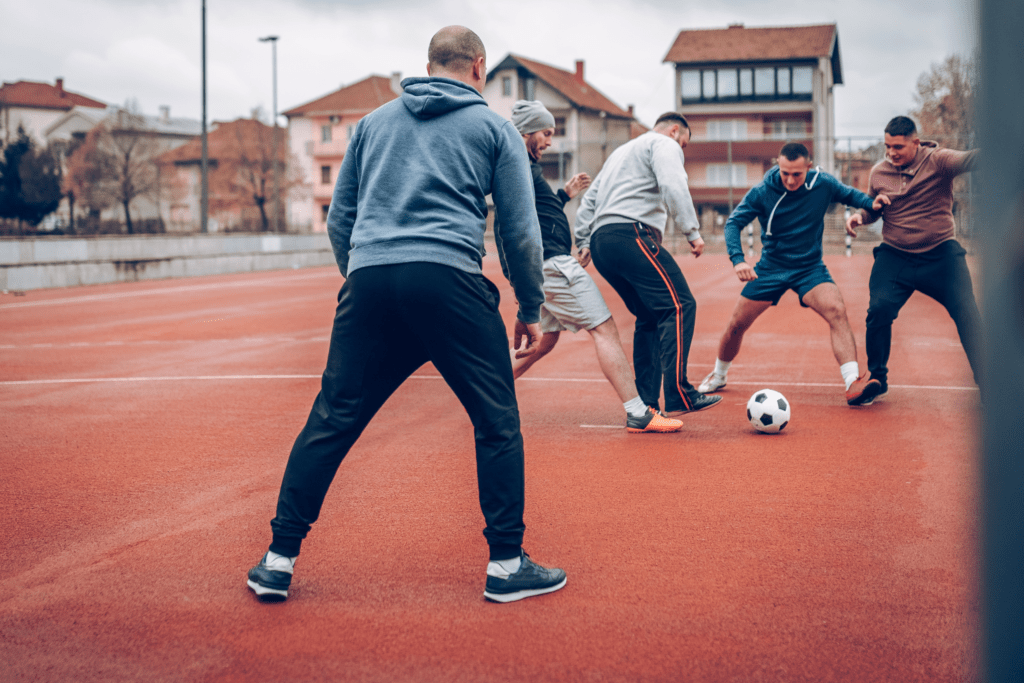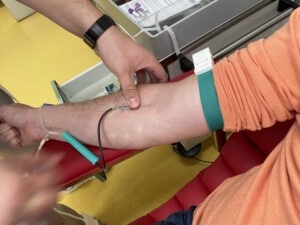
As kids, we were encouraged to play outdoors and engage in after-school sports not only for the physical benefits but also to be social and gain life lessons about team building, communication and work ethic. Shifting into adulthood, daily routines seem to be crammed with a variety of priorities including work responsibilities, caring for children, or aging parents, and other commitments. Often, adults feel there is not enough time in the day to add in recreation or sports despite the benefits that can be gained. With the everyday stress adults endure, adults may need the benefits of recreation and sports more than children do. Let us dive into examples of a few of the rewards adults can experience by making time for active hobbies.
Physical Benefits
One of the most obvious benefits of engaging in sports and recreation is exercise. The American Heart Association recommends at least 150 minutes of moderate-intensity aerobic activity or 75 minutes per week of vigorous aerobic activity each week. For adults who do not enjoy running, bicycling or going to the gym, participating in a league is a great way to get exercise. Studies have shown physical activity can help lower blood pressure and reduce the risk of heart disease, stroke and many other conditions.
Psychological Benefits
Exercise is a great way to manage stress. The brain chemicals released during physical activity help adults experience a decrease in anxiety, improvements in mood and better sleep. The focus needed during recreational sports requires attention to the task at hand which helps leave behind everyday thoughts and worries for a short time. Regular physical activity helps keep mental skills sharp as well as boost self-confidence.
Social Benefits
Participating in sports and recreation provides an opportunity to connect with people from different backgrounds we might not otherwise meet. The casual environment of sports helps foster new friendships simply by showing up to play. Being a part of a community also helps provide accountability. Adults are used to sticking to project deadlines and meetings, but often allow other tasks to take over workout time. If others are counting on you to attend a game or match, you are less likely to not cancel and more likely to produce more effort. The team environment of sports also helps develop leadership skills. People who engage in sports are more inclined to transfer a “team mindset” into the workplace.
Finding a sport you enjoy is key to exercise adherence and the physical activity will benefit your mind, body and soul. While COVID has restricted the ability to participate in recreation leagues currently, this may be a good time to discover your sport and work on skills to be ready for action once play resumes.





















